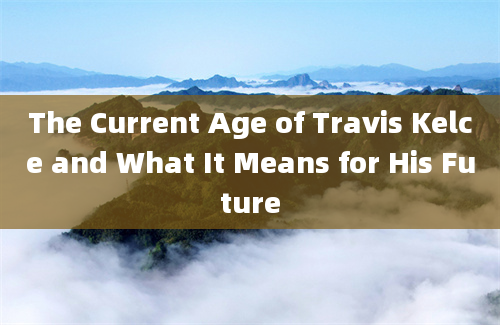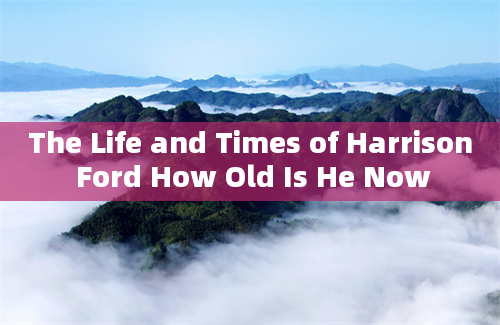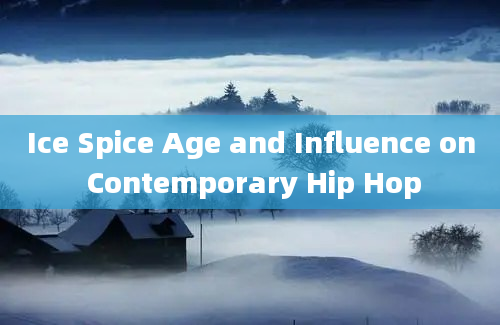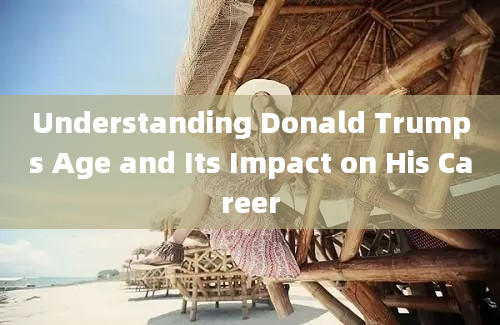The Significance of Donald Trump's Age in American Politics
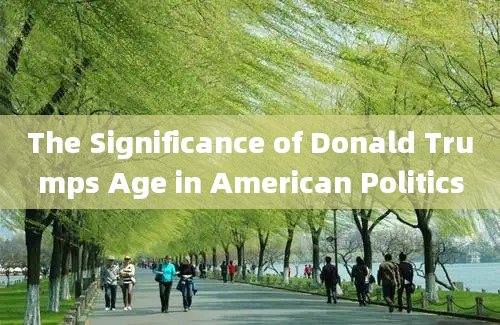
The age of political leaders has long been a topic of interest and debate, and Donald Trump, the 45th President of the United States, is no exception. Born on June 14, 1946, Trump was 70 years old when he took office in January 2017, making him the oldest person ever to assume the presidency for the first time. This fact has significant implications for American politics, touching on aspects of health, policymaking, and the broader discourse on aging in leadership roles.
Health and Stamina
One of the primary concerns surrounding older political leaders is their health and stamina. According to the Centers for Disease Control and Prevention (CDC), the risk of chronic diseases such as heart disease, diabetes, and cognitive decline increases with age [^1^](https://www.cdc.gov/aging/index.html). Trump's age, therefore, raised questions about his ability to handle the demanding schedule of the presidency. His health reports, while generally indicating good health, did not fully assuage public concerns, especially given his penchant for fast food and lack of regular exercise [^2^](https://www.nytimes.com/2016/09/16/us/politics/donaldtrumphealth.html).
PolicyMaking and LongTerm Vision
Age can also influence a leader's policymaking approach and longterm vision. Older leaders may bring a wealth of experience and historical perspective, but they might also be less inclined to embrace progressive or forwardthinking policies. Trump's policy agenda, which included tax cuts, deregulation, and a tough stance on immigration, reflected a more traditional, conservative approach. This aligns with research from the Harvard Business Review, which suggests that older leaders tend to be more riskaverse and focused on shortterm gains [^3^](https://hbr.org/2017/03/whatleadershiplookslikeateveryage).
Public Perception and Voter Behavior
The age of a political leader can significantly impact public perception and voter behavior. A study by the Pew Research Center found that younger voters are more likely to prioritize issues such as climate change and social justice, while older voters tend to focus on economic stability and national security [^4^](https://www.pewresearch.org/politics/2020/01/30/agegapsinpoliticalattitudesandpartyaffiliation/). Trump's age, coupled with his policy positions, resonated more with the older demographic, which played a crucial role in his electoral success.
Historical Context
Trump's age also places him in a unique historical context. The average age of U.S. presidents at the time of their inauguration is 55, according to data from the University of Virginia's Miller Center [^5^](https://millercenter.org/thepresidency/presidentialdata/age). Trump's advanced age highlights a broader trend of aging leaders in American politics, a phenomenon that raises questions about the representativeness of the political elite and the potential disconnect with younger generations.
Legacy and Future Implications
Finally, Trump's age has implications for his legacy and the future of American politics. As an older leader, his policies and actions may have a more immediate impact, with less focus on longterm consequences. This could influence the direction of the Republican Party and the broader political landscape for years to come.
Conclusion
Donald Trump's age is a multifaceted issue with significant implications for American politics. It affects public perception, policymaking, and the broader discourse on aging in leadership roles. As the political landscape continues to evolve, the age of leaders will remain a critical factor to consider.
Frequently Asked Questions
Q1: How old was Donald Trump when he became President?
A1: Donald Trump was 70 years old when he was inaugurated as the 45th President of the United States in January 2017.
Q2: What are the health concerns associated with older political leaders like Donald Trump?
A2: Older leaders, including Donald Trump, face increased risks of chronic diseases such as heart disease, diabetes, and cognitive decline, as highlighted by the CDC [^1^](https://www.cdc.gov/aging/index.html).
Q3: How did Trump's age influence his policymaking?
A3: Trump's age likely contributed to a more conservative and riskaverse policy approach, focusing on shortterm gains rather than progressive, longterm initiatives, as discussed in the Harvard Business Review [^3^](https://hbr.org/2017/03/whatleadershiplookslikeateveryage).
Q4: Did Trump's age affect his public perception and voter support?
A4: Yes, Trump's age resonated more with older voters who prioritize economic stability and national security, as indicated by a Pew Research Center study [^4^](https://www.pewresearch.org/politics/2020/01/30/agegapsinpoliticalattitudesandpartyaffiliation/).
Q5: How does Trump's age compare to the average age of U.S. presidents?
A5: Trump was significantly older than the average age of U.S. presidents at inauguration, which is 55, according to the University of Virginia's Miller Center [^5^](https://millercenter.org/thepresidency/presidentialdata/age).
Q6: What impact does an older leader like Trump have on longterm policy vision?
A6: Older leaders may focus more on immediate issues and shortterm gains, potentially neglecting longterm policy visions, which can influence the direction and sustainability of their policies.
Q7: How did Trump's age and health reports influence public discourse?
A7: Trump's age and health reports sparked public debate about his ability to handle the demanding role of the presidency, despite generally indicating good health, as reported by The New York Times [^2^](https://www.nytimes.com/2016/09/16/us/politics/donaldtrumphealth.html).
Q8: Can Trump's age be linked to his policy priorities?
A8: Yes, Trump's age and the associated generational perspectives likely influenced his policy priorities, which included tax cuts, deregulation, and a tough stance on immigration.
Q9: How does Trump's age fit into the broader trend of aging political leaders in the U.S.?
A9: Trump's age reflects a broader trend of aging leaders in American politics, raising questions about the representativeness of the political elite and their connection to younger generations.
Q10: What are the potential longterm implications of Trump's age on his political legacy?
A10: Trump's age may result in policies with more immediate impacts and less focus on longterm consequences, influencing the Republican Party's direction and the broader political landscape for years to come.


